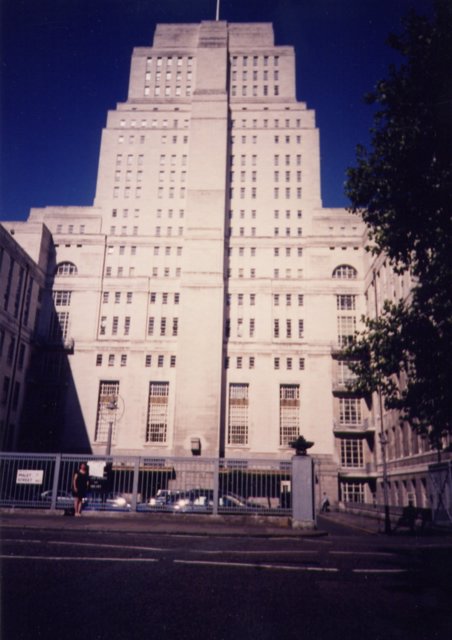This series is a month-by-month recap of censorship instructions issued to the media by government authorities in 2017, and then leaked and distributed online. The names of issuing bodies have been omitted to protect sources.
Following an order in November to suppress commentary on the investigation of a former “Minister of Truth,” ex-cyberczar Lu Wei, a directive on December 3 aimed to protect part of his legacy. Sites and social media services were instructed to “intercept, find, and delete content attacking the World Internet Conference in Wuzhen,” the country’s annual showcase of its internet management vision. The directive targeted a number of scornful nicknames for the event including “World 404 Conference,” “World LAN Conference,” and “World Satire Conference”—all references to the irony of hosting a “World Internet” conference in a country where access to the “World Internet” is strictly controlled—as well as “Beggar’s Conference—an apparent reference to foreign tech executives like Apple’s Tim Cook and Google’s Sundar Pichai whose presence lent some credibility to the gathering.
A directive published on December 22 demanded that “media must not report news related to Christmas.” The order followed circulation of a notice from Party disciplinary officers in Hunan’s Hengyang city whose wording, RFA reported, “suggests it has been sent to officials nationwide”:
“With the approach of Christmas, leaders and officials of all ranks must promote traditional Chinese culture and take on the task of building a spiritual home for the Chinese people,” the notice, a copy of which was seen by RFA, says.
“They must earnestly study the doctrine of cultural self-confidence introduced at the 19th Party Congress, and refrain from blindly celebrating foreign festivals or engaging in Western religions,” it said.
“They must not attend any celebrations of a Western origin, and carry out good security work on Christmas Eve and Christmas Day,” it said. [Source]
Officials’ conduct was also the focus of the month’s two other directives. On December 6, websites were ordered to “close comments and do not hype” a report on a Beijing municipal department’s staff’s passports being held for “safekeeping” to make their use “fully traceable,” alongside mandatory promises to obey foreign laws while abroad. A detailed set of instructions on December 22 dealt with coverage of a Hunan public security officer who fled the scene of a deadly shooting. “Do not republish, propagate, or comment,” it read, while barring release of police video from the scene or interviews with “propaganda, news, and public opinion authorities.”
The directives published by CDT over the course of 2017 offer glimpses into Chinese information controls across a broad range of topics: from the official and hidden faces of elite politics at home, to relations with unpredictable leaders abroad, from Washington to Pyongyang; from air pollution to (sometimes questionably) natural disasters; from a call to relax China’s internet controls to the investigation of one of their architects; and from echoes of the 1989 movement for democracy to the death of its most prominent later advocate. The slowing of leaks under increasing official pressure in recent years culminated in July, when no directives at all were received. But November brought a sudden resurgence, fueled in large part by two enormously controversial stories: a string of child abuse scandals, and the eviction of thousands of poor migrants in the wintry capital.
Read the full Minitrue 2017 recap series and the first leaked directive of 2018—”Do not report any more on the demonstrations in Iran”—at CDT.









